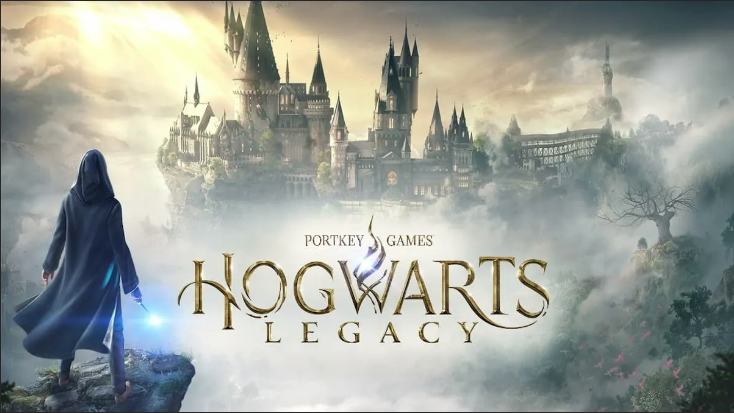All the angry people on social media had a new thing to be angry about: the release of a new online game based on the works of she-who-must-not-be-named (that’d be J.K. Rowling if you haven’t been keeping up with the woke’s ledger book of cancelled persons). They’d gather in their mighty legions, denounce the evil woman and the tech company would shiver and shake and then apologize for offending them and pull the game from the market, just like so many other companies had fallen to their online rage before.
It hasn’t quite worked out that way, as Tom Knighton relates:
The extreme left, those we term as “woke”, like to think they have a great deal of power. They think they’re the majority of the nation, and that they can shift the world based on their own whims.
And, in the past, it sure looked like it.
They’d get on Twitter and scream in outrage and brands would back down. They’d issue apologies and capitulate with the mob.
Then JK Rowling got on their bad side. She doesn’t think transwomen are women, that they haven’t lived with the struggles that women grow up with.
So, they decided to destroy anything they can associate with her.
That included the new video game, Hogwarts Legacy. Before the game came out, they tried to sabotage it on Steam, describing it as a “genocide simulator”.
I’ll be honest, that made me want to play the game. Apparently, I was far from alone.
Hogwarts Legacy has got off to a very big start at UK games retail, and is comfortably the No.1 game of the week (GfK data).
It is the biggest launch for any Harry Potter game ever, with sales 64% higher than the previous best — Harry Potter and the Philosopher’s Stone from 2001. In fact, the biggest week for a Harry Potter game wasn’t a launch week at all, it was the second week of the Philosopher’s Stone (due to hype around the movie). Even compared to that week, Hogwarts Legacy was still bigger by 2%.
This result is more impressive when you consider this is just for physical sales. Hogwarts Legacy would have received a substantial number of digital downloads (that data will come later in the week), whereas Philosopher’s Stone didn’t have any digital sales back in 2001. Therefore, the success will be even more pronounced once all the data is in.
In other words, the woke don’t have the pull they like to believe they do.
In a rational world, companies would see this and take it to heart: despite their apparent popularity on some social media sites, the very very woke are a tiny layer of froth on the ocean of non-woke customers. It’s often said that the terminally online think that Twitter is the real world — which is why Elon Musk taking over their preferred online megaphone was so traumatic to so many of them — but they’re mostly bellowing at one another, not at the population as a whole.






